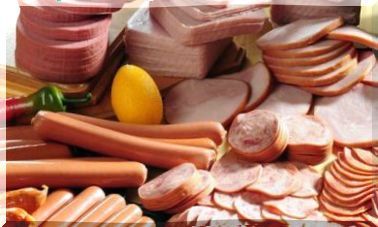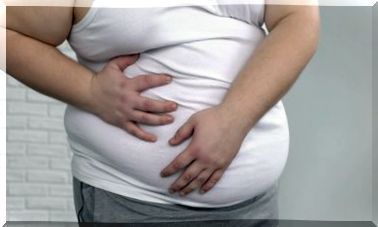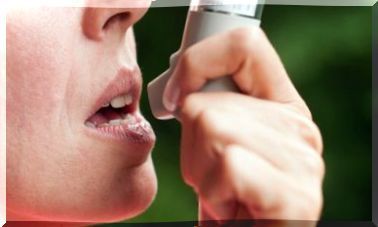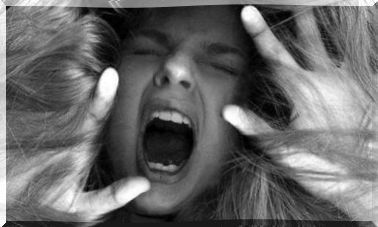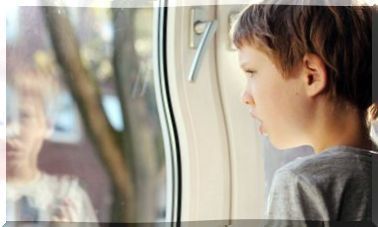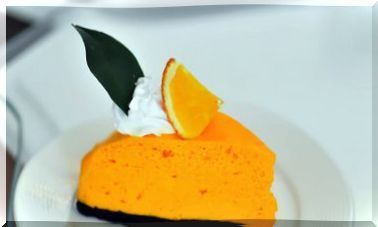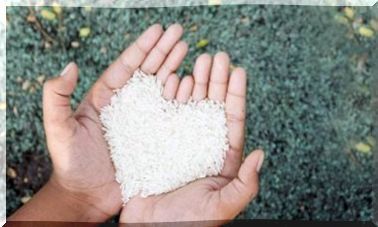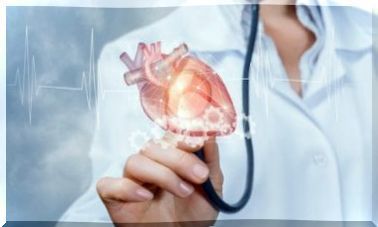Diverticulitis And Diverticulosis: What Are They And How Are They Treated?
Diverticula are a kind of bag that protrudes from the lining of the large intestine. When they become inflamed or infected, they lead to two pathologies: diverticulitis and diverticulosis. Learn more about them in the following article.
What we should know about diverticulitis
Diverticulitis occurs when the intestinal sacs become inflamed and “trap” stool. It usually affects people over 60 years of age and the exact reasons for this swelling are not known. It is estimated to be due to a poor diet for a long time. That is, the lack of fiber, excessive constipation and the consumption of processed and refined food.
One of the problems with diverticulitis is that it usually has no symptoms until the condition has become chronic, beyond colic or a distention in the lower abdomen. If the condition is already more severe, then the patients present:
- Blood in the stool
- Bloating or gas
- Fever or chills
- Tenderness on the lower side of the abdomen
- Vomiting or nausea
- Lack of appetite
- Pain in the lower back
Facts about diverticulosis
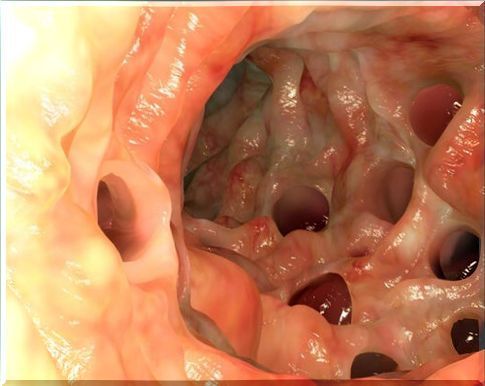
In this case, the diverticula cannot perform their evacuation work properly and fecal matter accumulates in the intestine.
When the colon becomes saturated with stool that it does not eliminate, there is a general risk of poisoning. This results in all kinds of diseases. The infection can spread to other organs, such as the peritoneum.
Causes of diverticulosis
- Unbalanced diet with many toxic or irritating substances.
- Weakened intestinal muscle from being overweight, constipated or not going to the bathroom is hardly desired.
- Sedentary life, bad habits and lack of exercise.
- Emotional causes: negativity, stress, pressure, anxiety.
Symptoms of diverticulosis
- Prolonged constipation.
- Pain in the abdomen when going to the bathroom.
- Swollen belly.
- Hard stools
- Gases
Natural remedies for diverticulosis and diverticulitis
In addition to changing your eating habits and starting to play sports, you can take natural products that help treat the problems of intestinal diverticula.
Some natural alternatives are these:
1. Flaxseed
Flax seeds or flax meal are very good for their high fiber content. Do not forget that, to consume them, you first have to crush and hydrate them because otherwise the condition worsens. Keep the latter very in mind.
You can eat a tablespoon of ground flaxseed on an empty stomach and another before going to sleep with a good amount of water. It is not recommended in pregnant women or in people suffering from blood disorders or intestinal obstructions.
2. Wheat bran
Another source of fiber that we can take advantage of. Helps reduce constipation and improve stool quality. Wheat bread is one way to ingest this seed. Some people also add powdered or ground wheat bran to cakes, soups, salads, or juices.
3. Chamomile
It has the ability to reduce inflammation and alleviate the symptoms of diverticulitis and diverticulosis. You can consume it in the form of an infusion, pouring a tablespoon of chamomile flowers (5 g) in a hot cup of water (250 ml). You can sweeten it with honey, as it contains antiseptic and anti-inflammatory properties.
4. Mint
A plant with many effects for digestive and intestinal problems. A mint tea after meals helps relieve bloating in the abdomen, pains in the belly and nausea.
It is recommended to consume up to 3 cups a day, putting a tablespoon of mint leaves (5 g) in a cup of boiling water (250 ml). Sweeten with honey or stevia. Do not take this home remedy if you suffer from heartburn.
5. Oregano
This aromatic plant has the ability to reduce infections in the colon. In addition to using it in your meals (it is one of the most used spices in gastronomy), some people consume oregano tea.
6. Thyme
It is a great source of fiber, which shows us that not only the seeds contain this nutrient. In addition, it has analgesic, antispasmodic and anti-inflammatory properties. Therefore, it is a great remedy for people with diverticula problems. Use it as a condiment in salads, soups, creams or sauces.
7. Turmeric
Also known as Indian saffron and the main ingredient in curry, it is a perfect anti-inflammatory. It is consumed in small quantities because it increases body temperature and has a very strong flavor. Reduces the swelling of the intestine caused by diverticulitis .
8. Apple
It is a fruit with many properties. It has soluble and insoluble fibers and maintains the proper functioning of the digestive and intestinal systems.
In people who suffer from diverticulosis, it is advisable to consume apple without skin, both raw and cooked, and always in small bites to make it easier to digest.
9. Plums
It can be fresh fruit or also prunes. They are a well known remedy for constipation. They provide a good amount of fiber and are recommended for patients with diverticulitis. They regulate bowel movements and help the water in the intestines form softer stools.
What to avoid if you have diverticulosis or diverticulitis?
Basically, it is recommended not to consume some foods. Among them, the following stand out:
- Whole seeds, sunflower seeds, sesame.
- Strawberries, raspberries, blackberries and pomegranates.
- Popcorn.
- Coffee and chocolate.
- Soft drinks , processed food and refined flours and sugars.
Diverticulosis and diverticulitis can be very annoying and condition the life of those who suffer from it. It is important to go to the doctor when any symptoms appear that make us suspect that we have any of these diseases.
